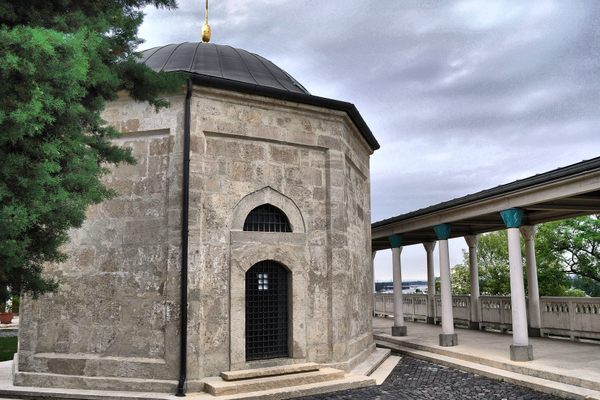Little visibly remains of the period of Ottoman rule over Hungary during the 16th and 17th centuries. Although it is a period that many would rather forget, some reminders have been restored, including Gül Baba’s Tomb in the country’s capital.
Gül Baba, known as the “Father of the Roses,” was a dervish and scholar of the esoteric Bektashi Order of Sufi Islam originating in Turkey. He is said to have died the day the Ottomans captured Buda in 1541 while holding a thanksgiving service in the Matthias Church. A funeral with over 200,000 in attendance, including Sultan Suleiman the Magnificent, was held for him. The türbe—Turkish tomb—here was completed in 1548 by the pasha—governor—of Buda.
After the Hapsburgs reconquered Budapest, the tomb became a Jesuit chapel. Muslim pilgrims began returning here in the 19th century, and the Turkish government payed for its restoration. In addition to housing a museum, Gül Baba’s grave still remains in the complex. It is now one of the few remaining Islamic pilgrimage sites in Central Europe.
